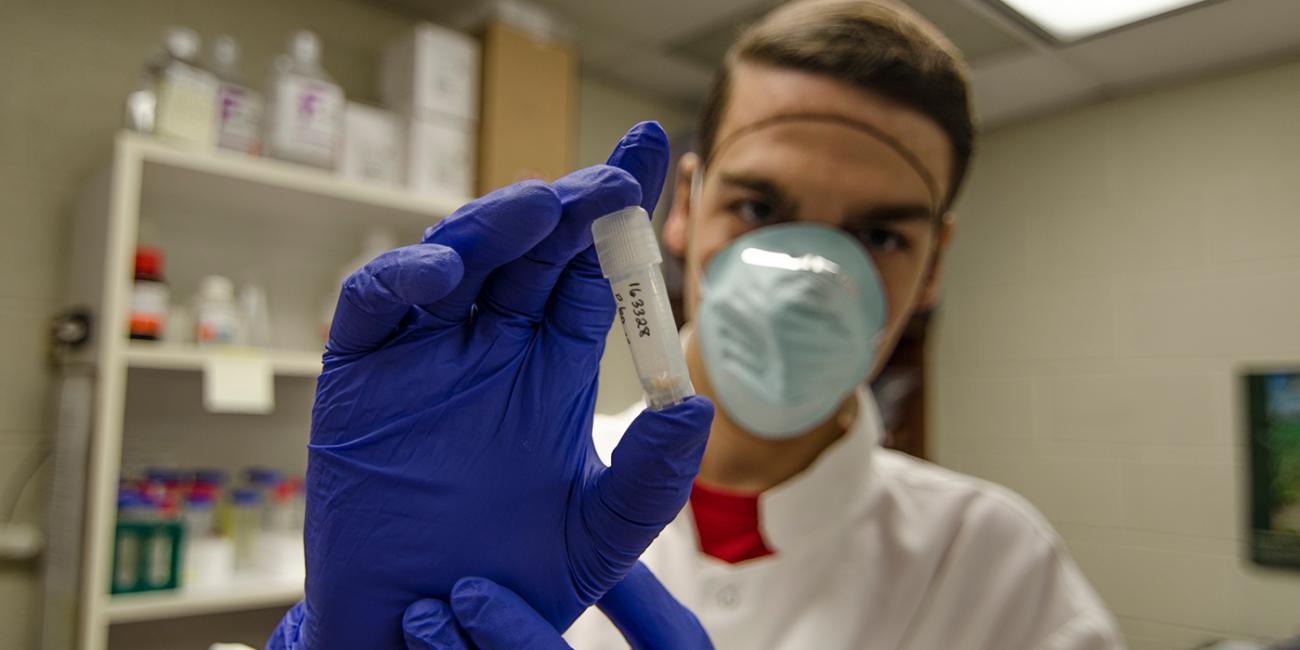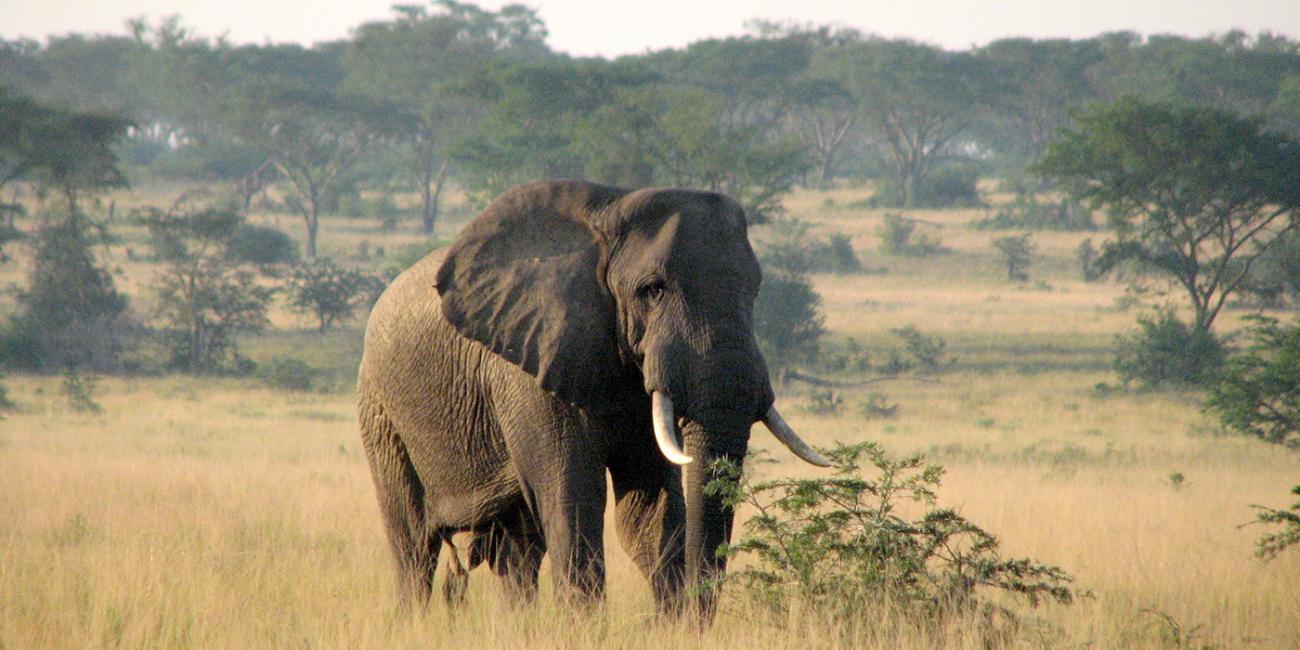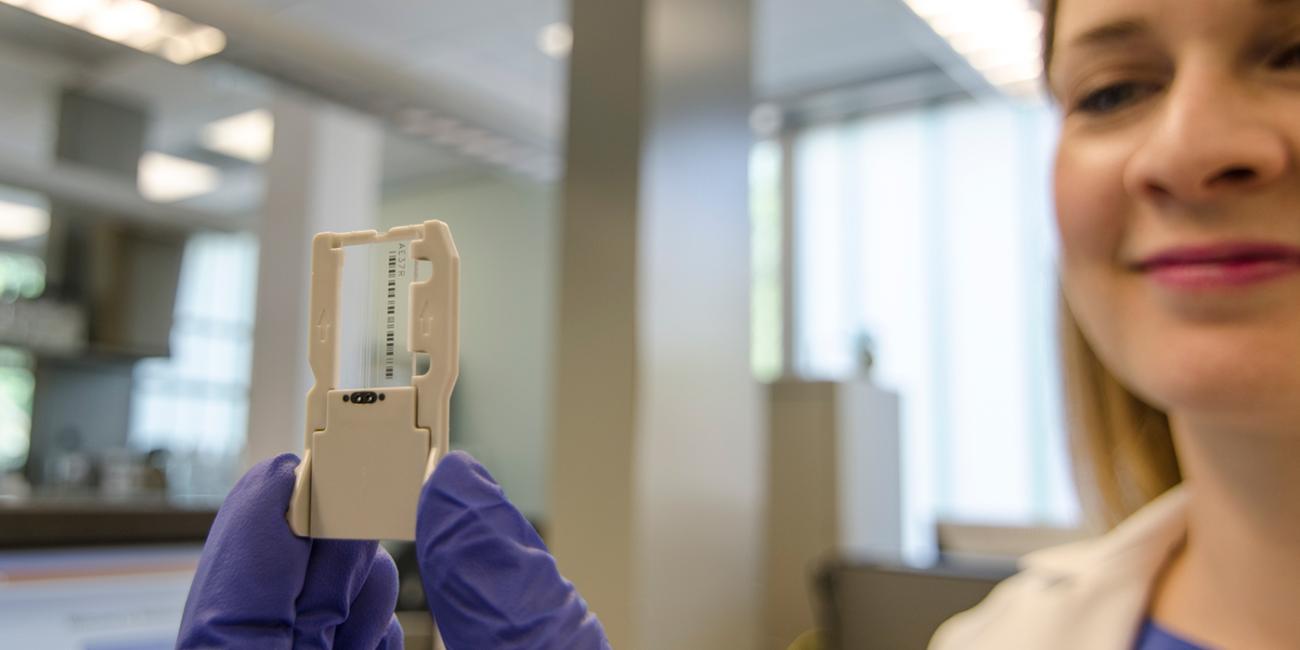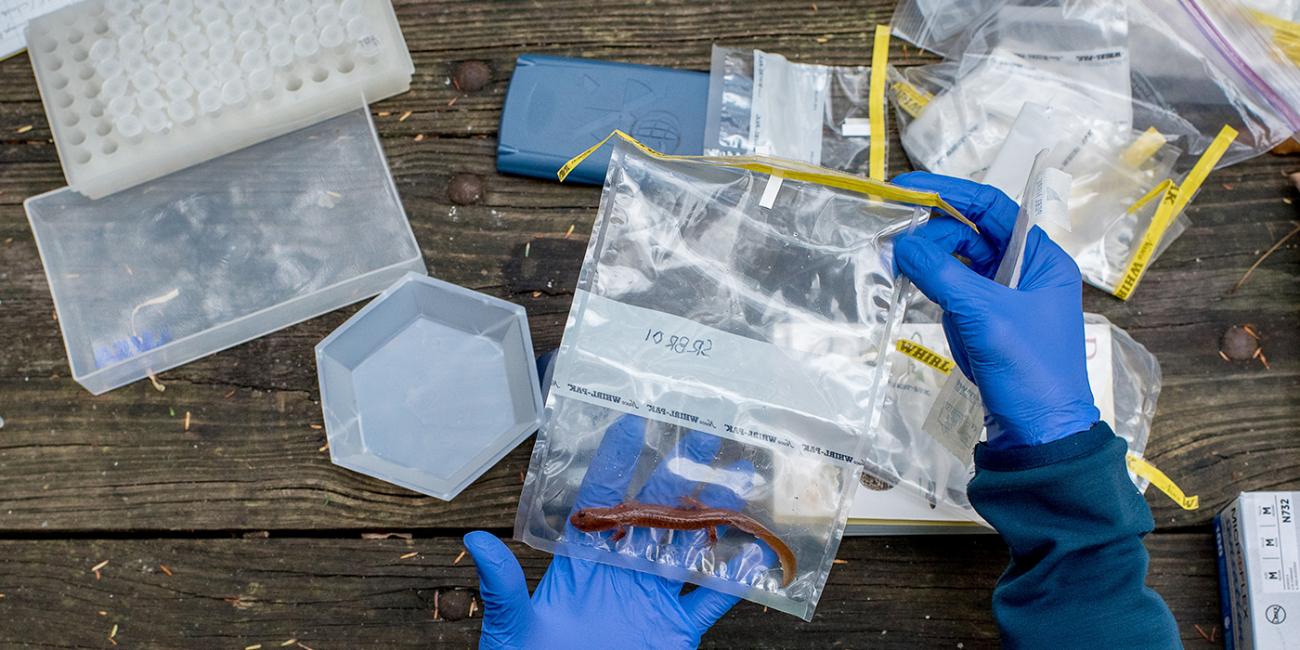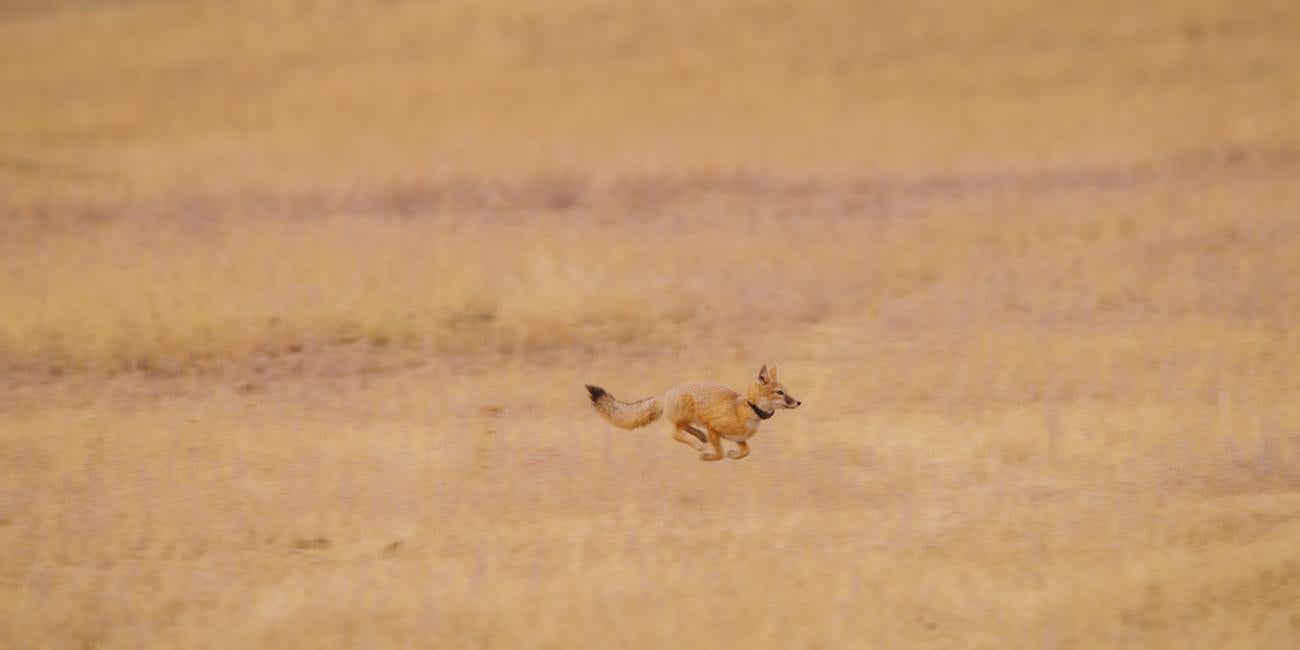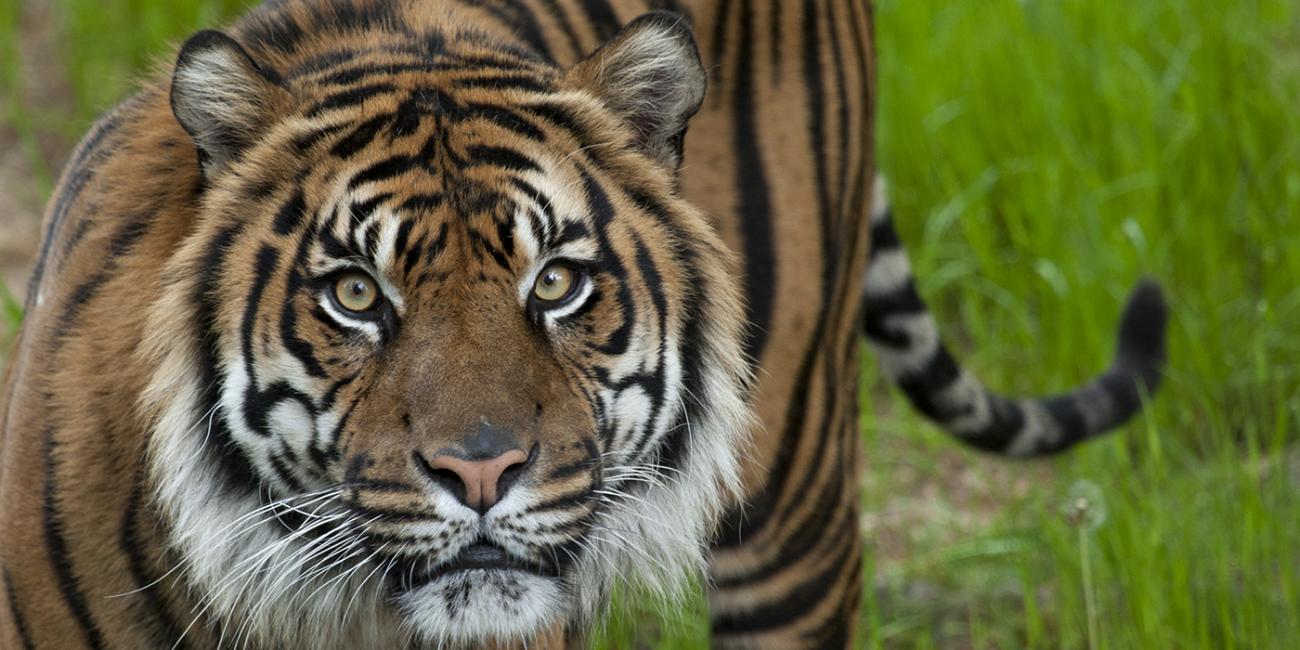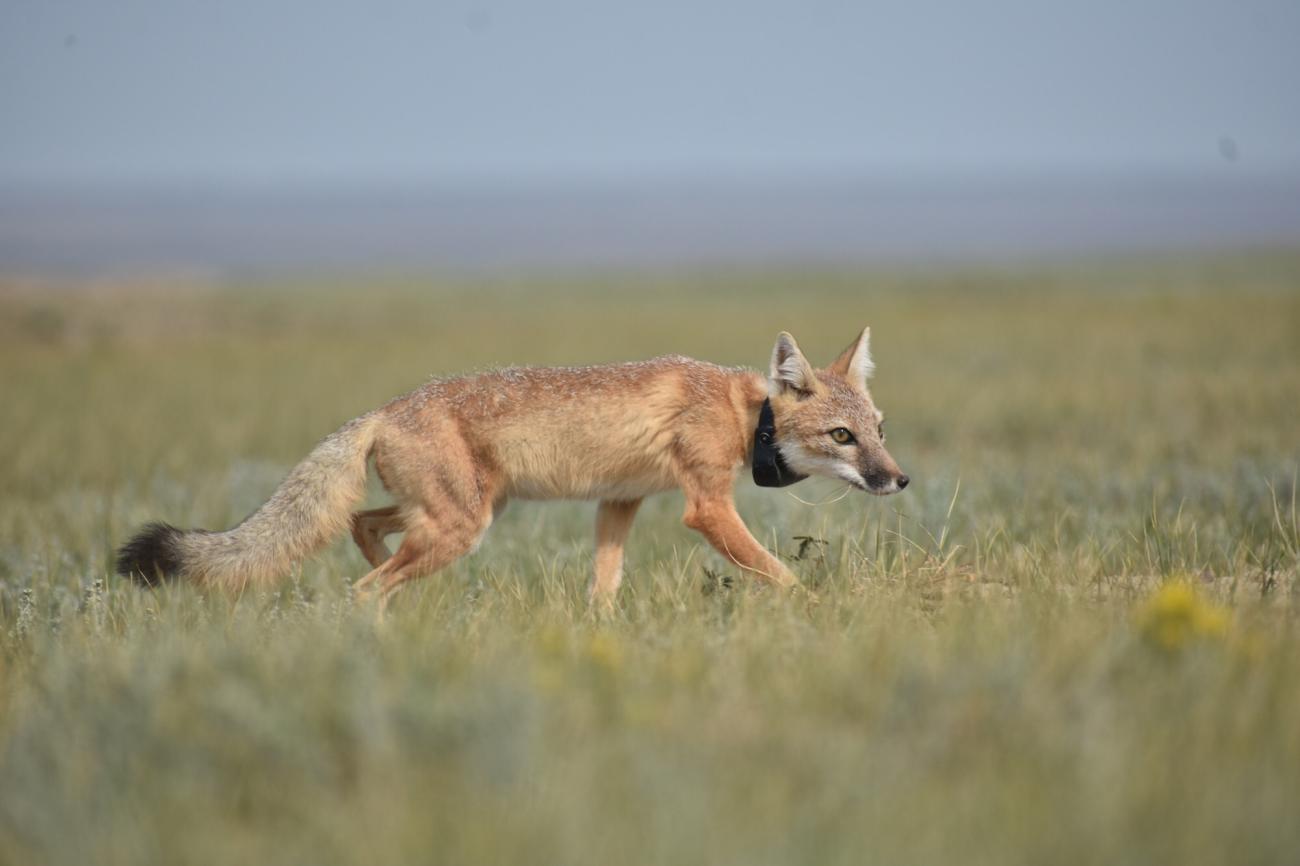Biography
Jesus Maldonado has been a research geneticist at the Center for Conservation Genomics at the Smithsonian's National Zoo and Conservation Biology Institute (SCBI) since 1998. His research applies molecular genetics tools to answer basic and applied questions in conservation and evolutionary biology in mammals. Much of his research involves assessment of genetic variation within and among populations and species to document levels of inbreeding and determine units of evolutionary, taxonomic and conservation significance. He has a long list of Smithsonian collaborators and has established partnerships with several researchers in Latin American, India and Africa. This allowed him to design a strong conservation genetics program that is international in scope. Beyond theoretical aspects of his research, outcomes from many studies have direct applications to helping address critical conservation issues in a variety of threatened and endangered mammals. Maldonado developed a research program that follows an academic model, and most of his projects over the past several years are based on collaborations established with students, postdoctoral fellows and research scientists/curators at the Smithsonian and other academic institutions and conservation communities. He is also interested in studying micro-evolutionary processes that shape genetic variation and evolutionary trajectories, as well as landscape genetics and genomics. During the last 16 years, he has developed and utilized non-invasive genetic techniques and ancient DNA technologies for obtaining reliable information to study many elusive endangered mammal species. Maldonado has over 100 peer reviewed publications in scientific journals including Science, Molecular Ecology, PLoS ONE, Molecular Phylogenetics and Evolution, Proceedings Royal Society B and has served in the editorial board of several journals including the Journal of Mammalogy, Conservation Genetics, PLos ONE and Therya.
Maldonado is very active in educational programs and has mentored more than 26 undergraduate students on research projects dealing with the population genetics of mammals, birds and reptiles, learning new and valuable molecular laboratory genetic and genomic techniques and bioinformatics and analytical pipelines. Students also participate in weekly lab meetings and journal club discussions. Maldonado also advises graduate and postdoctoral fellows that come through Smithsonian Institution fellowship programs along with others that actively seek means to obtain funding to support their work.
Maldonado is a native Spanish speaker and has collaborated extensively with Latin American and Spanish biologists. He has also attended and presented papers in Spanish at several international conferences and has given training courses in Spanish on conservation genetics in Mexico and Venezuela. Maldonado has also participated in training workshops in Brazil and India. He is an adjunct faculty member at George Mason University and the University of Maryland and has co-taught a graduate level seminar in Topics in Conservation Biology for George Mason graduate students, and has also taught a professional course entitled 'Non-Invasive Genetic Techniques in Wildlife Conservation' for the Smithsonian-Mason Global Conservation Studies Program at the Smithsonian Conservation Biology Institute at Front Royal, Virginia.
Maldonado grew up in the suburbs of Mexico City and moved to Pennsylvania in 1979, where he attended Shippensburg University of Pennsylvania and subsequently obtained his Bachelor of Science and Master of Science in biology. He then moved to Los Angeles, where he worked as a curatorial assistant at the Section of Mammals at the Natural History Museum of the Los Angeles County until 1989. He earned his doctorate in organismic biology, ecology and evolution at the University of California Los Angeles in 2001. He's been with the Smithsonian Institution since 1998 working at SCBI and the National Museum of Natural History prior to current position.
Research Interests
Systematics and evolution of mammals, conservation genetics, molecular ecology
